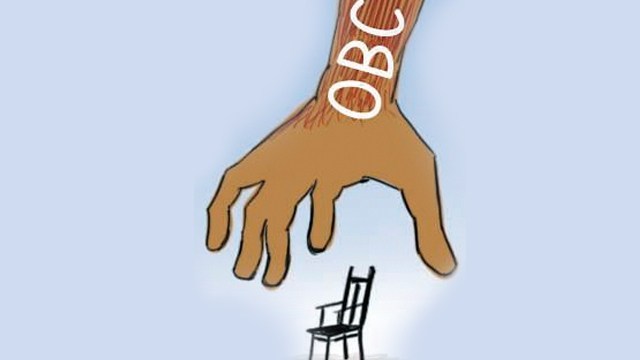In a historic moment, the Rajya Sabha passed a bill to grant constitutional status to the National Commission for Backward Classes (NCBC). The upper house of the parliament adopted legislation, along with the amendments made by the lower house of the parliament, by 156 votes to nil. The Bill managed to get the two-third majority very easily. Social Justice and Empowerment Minister Thaawarchand Gehlot said, “This is an important issue. There was demand for a constitutional status to OBC Commission from the 1980s and Parliament had held discussions several times. It has been discussed by the Standing Committee.” The NCBC came to existence in 1993 through an act of parliament, making it a statutory body and was given limited powers. Now, through NCBC Bill the NDA government has made it a constitutional body.
A historic moment for our country!
I am glad that the Parliament has passed the Constitution (123rd Amendment) Bill, which grants Constitutional status to the National Commission for Backward Classes.
This will contribute to the empowerment of the OBC communities across India
— Narendra Modi (@narendramodi) August 6, 2018
Statutory bodies are non-constitutional and established by acts which Parliament and State legislature can pass. It means it gets its powers, service rules, authority by an act of parliament or state legislatures. The aims and objectives of statutory body are explicitly mentioned in the originating act or in successive governmental instructions. Statutory bodies are subject to change by a respective change in the law governing them. Such bodies can be abolished by an act of Parliament with the simple majority. Few important statutory bodies are National Human Rights Commission, National Commission for Women, and National Commission for Minorities, National Law Commission, and National Green Tribunal etc.
Constitutional bodies are the bodies that have its name mentioned in the constitution. Such bodies derive their power and authority directly from the constitution. Constitutional Bodies are the permanent or semi-permanent organization within the machinery of government. Constitutional bodies have a broader mandate as compared to statutory bodies. Either the President or the Prime Minister appoints the chief of Constitutional bodies. Such bodies have a dedicated article in the constitution. It cannot be abolished without bringing an amendment to the constitution; sometimes it requires the consent of the states as well. Few examples of Constitutional bodies are Union Public Service Commission (UPSC), The Comptroller and Auditor General of India, Election Commission of India, Finance Commission of India, National Commission for Scheduled Castes (NCSC), National Commission For Scheduled Tribes (NCST) etc.
After getting status of the Constitutional body now NCBC will have the powers to act as a grievance redressal body for the OBCs on the lines of National Commission for Schedule Castes and for Schedule Tribes. Just like NCSC and NCST, it will also be mandatory for NCBC to present annual reports to the President on the working of statutory safeguards for backwards. The amendment also gives power to NCBC to monitor the implementation of the safeguards for OBC community and to advise the government on the issue of social-economic development of the community. The government will also consult with NCBC on important decisions related to the community.
Now everyone is eagerly waiting for the “sub-categorisation of OBCs”- which is aimed at bringing weaker sections in the central list of the backwards so that most backward communities could also reap reservation benefits. In order to ensure equitable distribution, the OBC population would be categorized into three categories – backward, most backward and extremely backward- and sharing of 27% quota among them in proportion to their population. So, now it will have broader powers, backward castes and neglected sub-caste will get the benefit of their constitutional rights.
